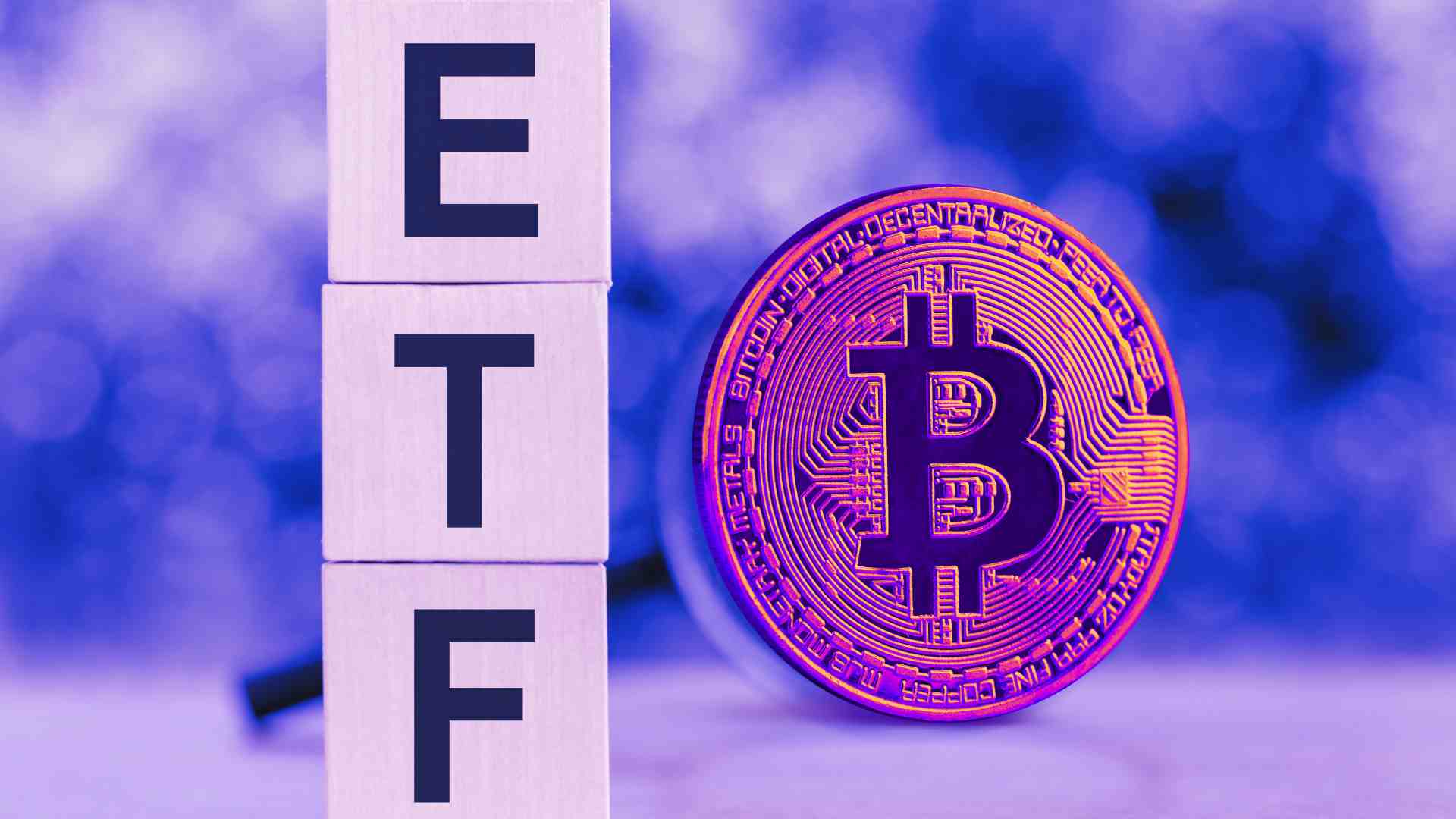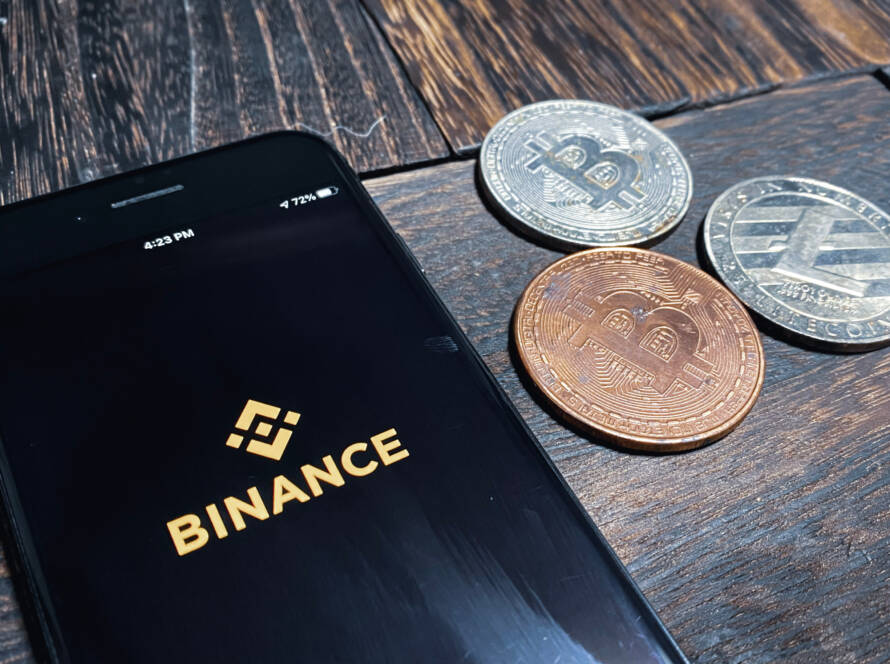While some are “90%” confident that the US Securities and Exchange Commission (SEC) will approve spot Bitcoin ETFs in January, others are erring on the side of caution.
A prominent ETF analyst, Nate Geraci, President of ETFStore and host of the ETF Prime podcast, has issued a stark warning about the potential impact of the SEC’s decision on spot Bitcoin ETFs.
Writing on X on December 18, he remarked, “If spot bitcoin ETF is not approved in January, it might be one of the bigger rug pulls in crypto history”.
The crypto market has been hinged on winning SEC approval for spot Bitcoin ETFs since June 15, when BlackRock filed. Since then, the price of Bitcoin has increased by 60% from approximately $25,500 to $41,000.
Patrick Bush, an analyst at Sigel and VanEck, estimated that if approved, inflows into spot Bitcoin ETFs will amount to roughly $1 billion in the first few days and $2.4 billion within the first three months.
Other senior analysts, such as Bloomberg’s Eric Balchunas, are similarly optimistic, predicting a 90% chance of approval by January.
As Geraci points out though, rejection is still possible, and losses may be significant to those who have put their money on approval.
The SEC has a pattern of rejecting spot crypto ETF applications and has rejected applications from Ark Invest, Winklevoss and VanEck in the past. Key reasons include concerns of market manipulation, lack of surveillance, and a general lack of regulatory oversight.
Regulatory hurdles remain
The SEC’s treatment of Binance and Coinbase over the past year has shown it has been more inclined toward regulating crypto by enforcement, rather than guidance. This approach has attracted criticism from members of the SEC itself, such as Commissioner Hester M. Peirce.
Read more: “Crypto mom” SEC Commissioner dissents on landmark NFT case
A key point in the SEC v Binance lawsuit is that Binance, by selling tokens such as Ethereum, ADA, SOL and more, sold unregistered securities. Binance however, like most crypto providers, maintains that cryptocurrencies are not securities.
The debate of whether or not cryptocurrencies are securities (and therefore liable to abide by securities law) remains unresolved, pointing toward a glaring lack of regulatory clarity.
Furthermore, despite recent legal pressures and discussions with major financial firms like BlackRock and Fidelity, the SEC could still reject spot Bitcoin ETF applications based on new arguments. These could include unresolved questions around the in-kind model for creating and redeeming shares, concerns over broker-dealers handling Bitcoin, and the need for more market participants within the spot Bitcoin ETF market.
The SEC may however be softening
There are some indicators that the SEC’s position is softening, though. In his appearance on CNBC’s Money Movers, SEC Chair Gary Gensler hinted at a potential shift in the SEC’s approach, commenting that the Commission is “taking a new look” at the applications based on Grayscale’s recent legal victory.
Read more: Grayscale CEO says after court win: “We have to be a little bit patient,”
In the Grayscale ruling, the District of Columbia Circuit Court ordered the SEC to review its rejection of Grayscale’s ETF application, citing its initial rejection as “arbitrary and capricious“.
Additionally, a new SEC memo detailing a meeting between the SEC, BlackRock and Nasdaq showed that BlackRock modified the mechanics of its Bitcoin ETF to make it easier for Wall Street banks to participate in the fund.
The updated structure enables regulated banks to create new fund shares with cash, rather than only cryptocurrency, primarily because most banks are not permitted to hold Bitcoin, suggesting forward momentum with the SEC.
A final decision on BlackRock’s ETF is expected in January 2024.

Disclaimer: CryptoPlug does not recommend that any cryptocurrency should be bought, sold, or held by you. Do conduct your own due diligence and consult your financial advisor before making any investment decisions.




